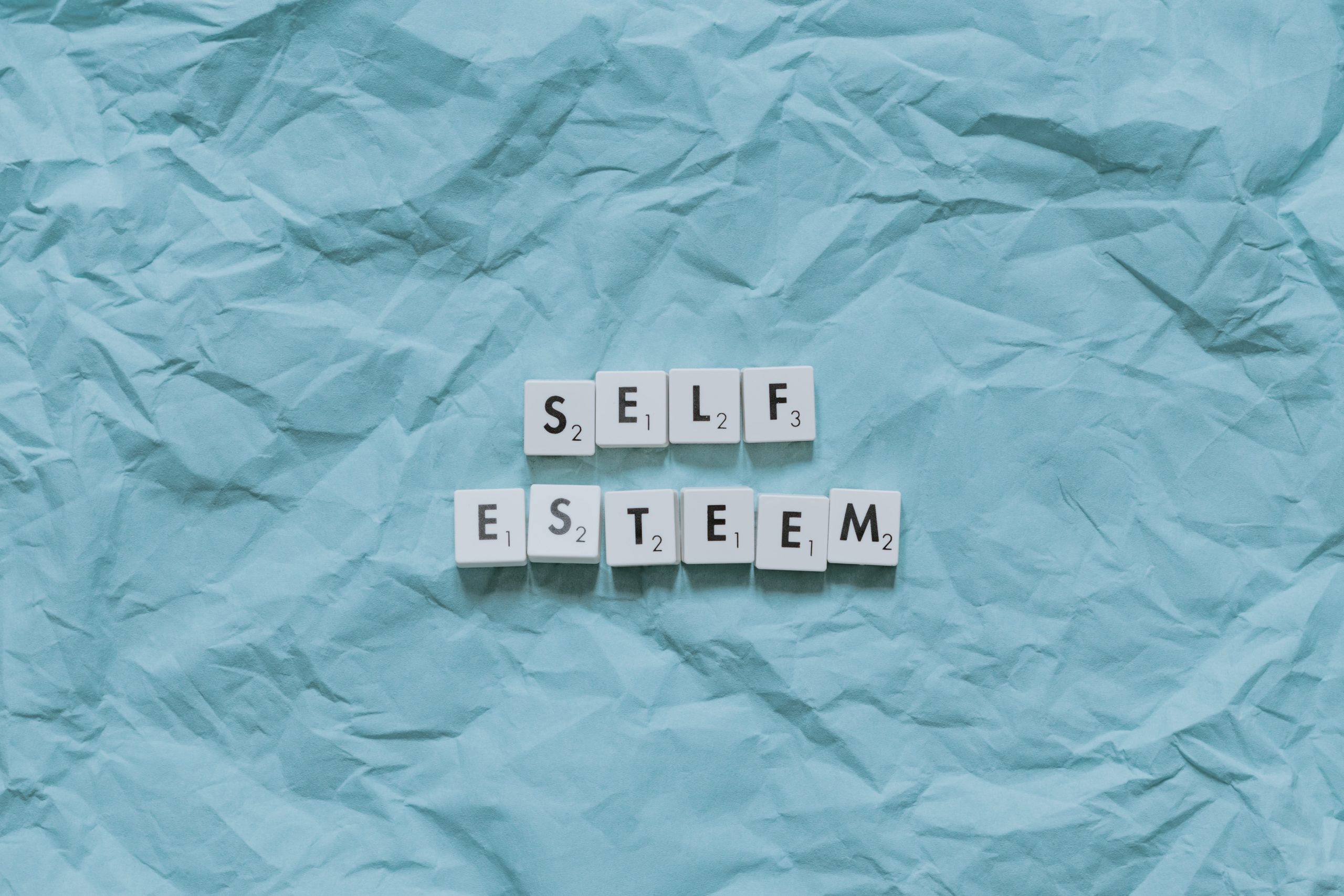
Is there a difference between perfection and precision?
And if so, does it matter?
The thing about perfection is that it can’t be reached. Perfection allows no flexibility, no room for experimentation, no space to grow or learn as you go. It’s a very black and white philosophy – all or nothing.
SO WHY IS IT SO COMMON IN OUR CULTURE TO REACH FOR THE UNATTAINABLE? AND HOW DOES THIS AFFECT OUR INNER-BEING?
While some may say it’s good motivation to set high expectations and “reach for the stars,” perfectionism is most typically a downfall. It’s one of the biggest brainwashed conditions we are taught to believe from an early age that can carry on through adulthood and lead many of us to continual self defeat and endless disappointment in ourselves and others.
WHAT IS PERFECTIONISM IN REAL EVERYDAY LIFE?
Perfectionism is more of a philosophy than anything. Because it’s unattainable and completely subjective, it’s often strived for in a competitive state. The perfectionist mindset can come from early childhood, typically from the parent who wants nothing more than their beloved child to be the greatest living being this world has ever known. Though it may come from good intentions, the effects are rarely positive.
When carried on through adulthood, perfectionism can often be seen as you attempting to overcompensate for your perceived deficiencies. Disguising this as competitive or somehow superior to others, is more often your pathological inner critic trying to “motivate” you to be the “best” while holding you to impossible standards. It stems from a fear of never being good enough, pushing to prove the opposite to yourself and to others.
In this case, the ultimate root of perfectionism is low self-esteem. It’s from you feeling inappropriate to life, feeling less than average, and unqualified. You might also find perfectionism as one of the key ways imposter syndrome manifests itself into your life.
Even if you do not identify as a full on perfectionist, many people still have this tendency to some degree. It can be in the habit of beating yourself up when you feel you’re falling short of your goals. Or if you’re the type who is routinely striving for unbelievably high expectations, ultimately setting yourself up for failure.
WHAT CAN YOU DO ABOUT PERFECTIONISM AND HOW DO YOU CHANGE THIS TO A MORE REALISTIC APPROACH TO LIFE?
While perfection is not achievable, precision is.
Precision means doing whatever you’re doing to the best of your ability with the tools and resources available. Doing the best job possible – for you at this exact moment.
Contrary to perfection, precision allows for mistakes. It factors in the human element and gives space for this, remembering we’re not machines. It factors in who you are with your flaws, your faults, weaknesses and shortcomings.
Being precise in what you do means giving your energy to the quality and focus of your work, while being attentive. Most importantly, precision is achievable. And it might look different for everyone.
Rather than trying to be perfect or do things perfectly, try to focus on doing things as well as you can, to your potential and to your best ability.
Become aware of when you’re falling prey to your perfectionistic tendencies and pause to reflect. Ask yourself if your goals and expectations are realistic and within what you’re capable of attaining.
This is the easiest way to monitor yourself and stop the habit of catering to your inner perfectionist and to ultimately overcome these tendencies.
If you’d like to learn more about this topic, check out our program “Your Fate is NOT sealed”.
Please feel free to reach out and contact me with any questions.
Warmly,
Orlando Owen



